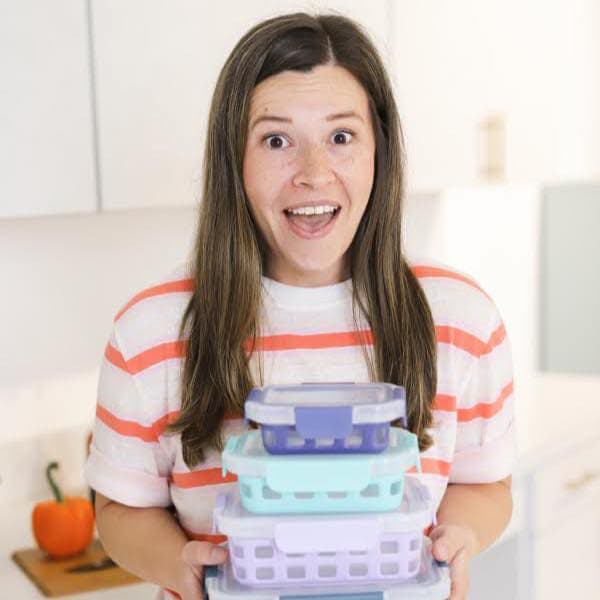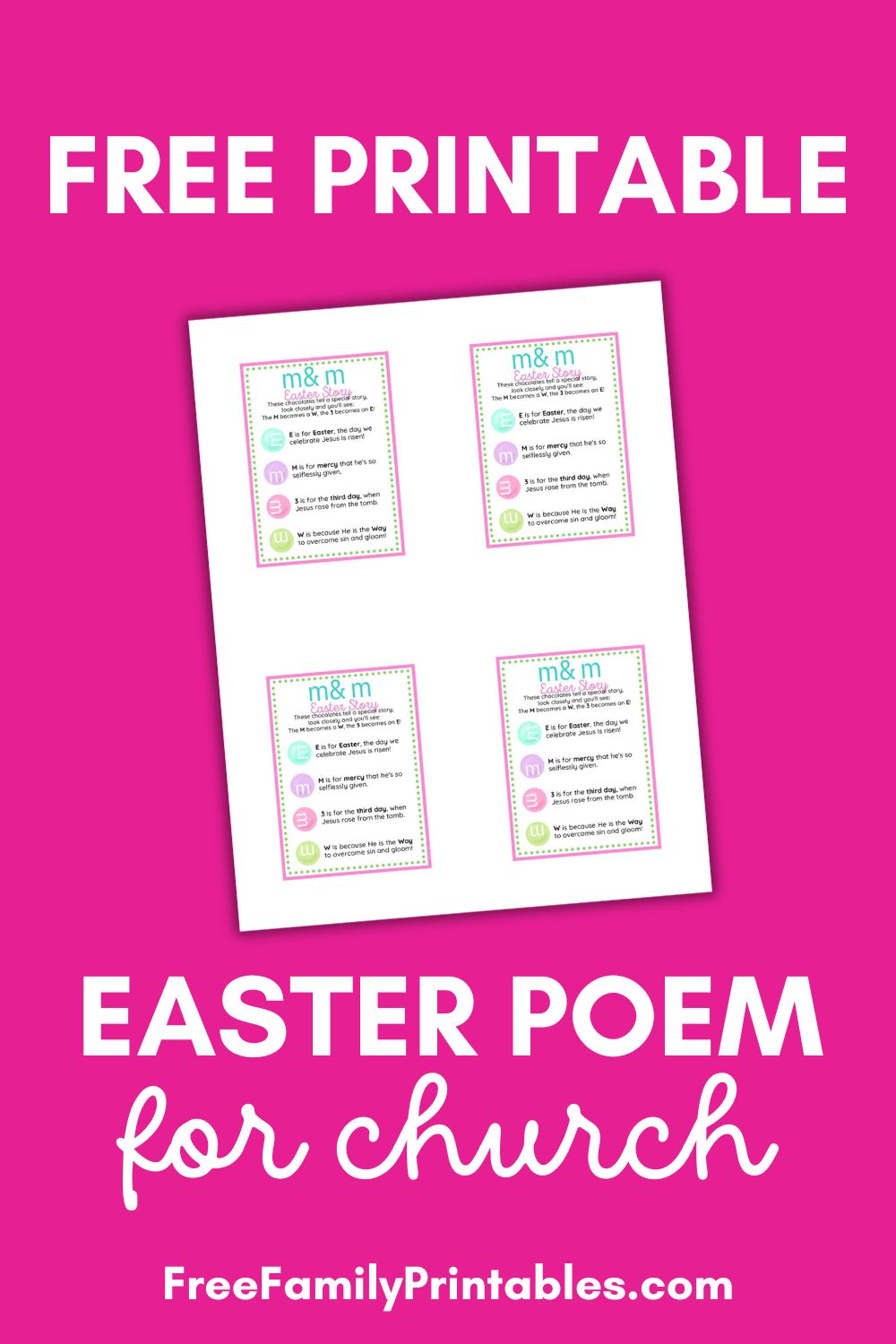Are you looking for a guide on how to budget for rent, or tips for renting on a budget?
You’ve come to the right place!
We are pretty much renting experts over here!
Believe me when I say, we can’t wait to buy a home! BUT the timing has never been quite right for us just yet.
When my husband and I first got married, we moved to Miami, FL to complete our residency in podiatric surgery.
We rented our first apartment, which we quickly outgrew with a dog and baby!
Next, we loaded up and moved down the road to a rented townhouse for the remainder of residency.
Once we finished our residency, we moved across the country to Texas to start our own practice. Because we were new to the area, it was important for us to rent before settling in.
We rented a single family home at this point, big enough for our growing family (with baby #2 on the way).
Once we were finally ready to buy a house, we quickly realized our finances were a HUGE mess!
We did not qualify for a home loan because our business was so new, so we decided to move in to a huge 3,000 square foot rental home. It was beautiful, so it made us feel a little better about not buying our first home.
Unfortunately, after staying in that home for 2 years, our finances didn’t get any better! In fact, they got much worse.
We finally discovered Dave Ramsey’s 7 Baby Steps, and plan for financial peace.
In his plan he recommends paying off all debt, having a 3 to 6 month emergency fund, and a 10-20% down payment, before buying your first home.
We were ALL in! So we downsized to a tiny rental space of only 1,019 square feet with our now family of FIVE, in order to pay off debt as fast as possible and save up for our dream home.
Read: How we cut our family expenses to pay off debt
Renting is a great choice, especially if you are going through certain seasons in life that require a lot of change.
A few reasons you might consider renting include:
- College students or early 20s (lots of life change!)
- Newly married and getting used to newlywed life
- Paying off debt
- Living somewhere short term for work or school (less than 3 years)
- New to the area and you’re not sure where you want to settle
- Saving up a down payment of 20% to avoid PMI (private mortgage insurance)
Buying a house is an essential part of your wealth building plan, but home ownership can turn in to a nightmare if you’re not ready!
If you are in any of these transitional seasons, renting an apartment or home is perfect for you!
Just make sure you do your research and stick to a budget.
Read: How to budget for beginners
You don’t want to go crazy and rent something you can’t afford.
We know from experience that renting something that’s a large chunk of your monthly take home income can cause financial hardship.
Keep reading for some excellent tips for renting on a budget, shared by my friends at Rent Cafe.
A Guide to Renting on a Budget
Finding the right apartment to rent can be a challenge.
But, if you do enough research and plan ahead, it can be a great starting point for your journey toward saving money.
Plus, as a renter, you have more flexibility.
You can pack up and move to another apartment when necessary, but you also don’t have to worry about any of the costs of maintenance or repairs associated with your rental.
Consequently, this freedom can allow you to more easily allocate your income to create a budget that you can stick to each month.
However, for the best results, get into the right mindset from the very beginning — when you start looking for your apartment.
Start by asking yourself these questions and consider the following aspects when renting on a budget.
Finding Your Apartment
An important part of renting on a budget is finding an apartment you like — but that won’t require more than 30% of your income, thereby leaving you rent-burdened.
In particular, there are two major areas to pay attention to because they’re the primary factors in the cost of rent: location and size.
Read: Recommended Monthly Budget Percentages
Location
Depending on your current situation, location may matter more or less to you.
For instance, the increase in remote working is allowing us to rent in areas that are less expensive simply because they’re further from the downtown area.
In that scenario, as a remote worker, it doesn’t really matter if you’re living in a Philadelphia apartment in the bustling downtown district or in a quiet suburb of Seattle.
However, if your job requires a commute, compare the cost of transportation to the location prime you would pay for an apartment that’s closer to your workplace.
Because costs differ depending on the city you call home, it’s best to use a rent calculator to determine the best balance.
Size
A larger apartment doesn’t necessarily equate to a better one.
For example, if you’re renting on your own, you can probably make do with a smaller apartment, which can result in lower utility costs, as well.
However, renting with roommates can also be beneficial for more space. And, at the end of the month, the shared bill should be about the same price.
It really depends on your lifestyle and whether you’re willing to share your living space with others.
In addition to these two aspects, ask yourself which amenities are the most important to you.
Specifically, is having a parking space crucial or is it completely unnecessary?
Do you need access to a gym in the building?
Likewise, consider whether you would prefer an apartment to be furnished versus unfurnished.
Do you already have furniture or are you planning to buy some?
If you don’t really want to make that investment, look into renting a furnished apartment instead.
Moving into Your Apartment
Once you’ve found the perfect apartment to fit your budget and lifestyle, it’s time to review the costs associated with moving in.
These include the moving company (if necessary) and any upfront costs that are due when you sign the lease, such as the security deposit, the equivalent of one- or two-months’ rent, and additional fees depending on the situation (processing fees, application fees, etc.).
There’s also another cost you should consider — pets.
If you don’t have a pet but want to adopt one, your budget needs to be ready for it.
Besides finding a pet-friendly apartment, you may also have to pay a pet fee along with your security deposit and, most likely, an additional pet rent each month, as well.
Plus, keep in mind that these pet expenses are only related to your housing.
You will also need to buy pet food, pay for vet visits and, potentially, get pet insurance, as well.
Consider all of these aspects before making this decision.
Living in the Apartment
After you’ve moved in, hopefully your housing expenses (rent plus utilities) won’t exceed the 50% threshold.
Then, you would be left with 30% of your income to spend on your wants, such as subscriptions, entertainment and shopping.
The remaining 20% should go directly into your savings account.
To ensure your living costs don’t exceed 50% of your income, implement habits that will help you reduce your energy, gas and water consumption to lower the overall cost of utilities.
For example, to cut down on extra costs, buy groceries in bulk and cook at home to avoid spending money on food every day.
Read: How to Save Money on Groceries
Although these costs may seem insignificant — especially if it’s “just” a small pastry or daily coffee —they can accumulate over time and take a big bite out of your monthly budget.
Gradually reducing the amount of money you spend should not result in uncontrollable shopping sprees.
Rather, you might realize that you don’t need all of those extra purchases to lead a happy and fulfilling life.
If you manage to keep these expenses under control and fit it all into your 50/30/20 budget, then you will have reached an optimal point on your journey to renting on a budget.
You might also like:


Leave a Reply






For someone who’s been living on rent, this has been such an informative resource! Thank you so much for the great tips!
Author
Glad you found this helpful! Thanks for reading!